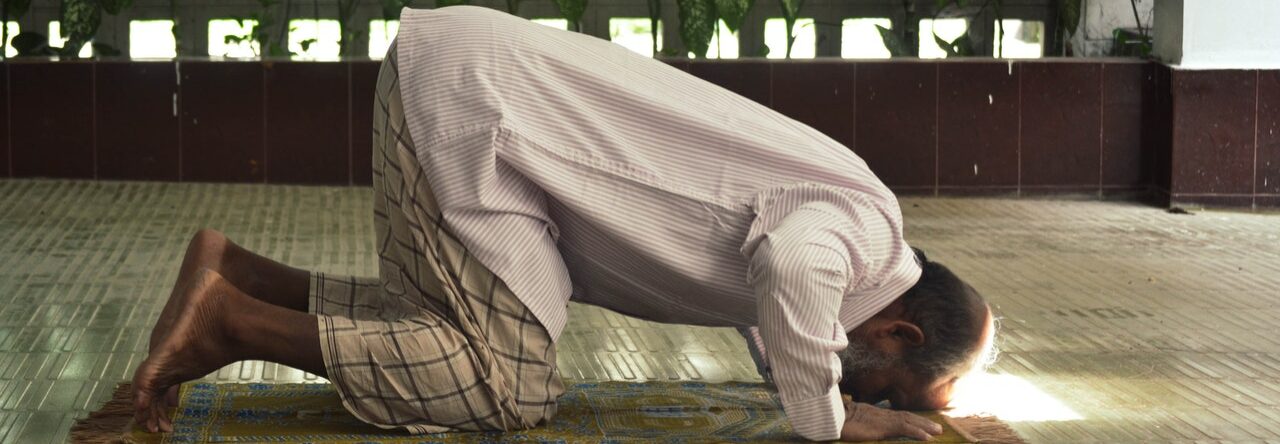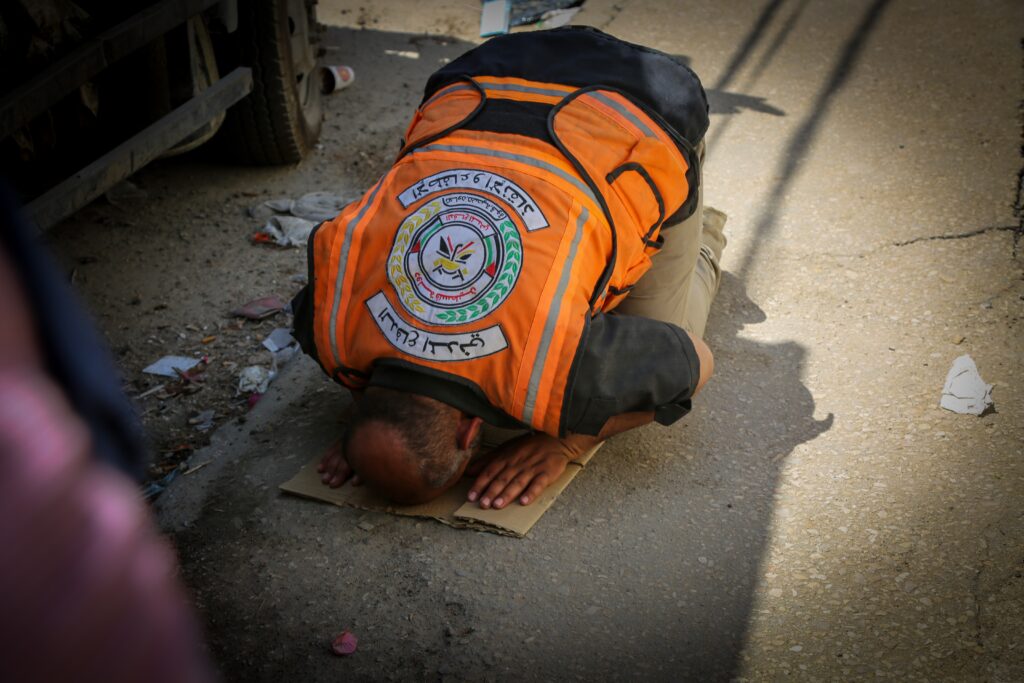A friend asked me at a gathering yesterday: “what are you doing to recharge?” I looked back at her blankly. “like what are you doing to get yourself through these times” she pressed. I kept staring back. “Uuuuhhh … nothing really” I responded. I searched her face wondering why she thought I would have had some sort of profound answer. “Nothing really”, I said doubling down. Then, “maybe exercising …” The conversation turned to the benefits of a daily walk and fresh air, and I breathed an internal sigh of relief. “I need to walk everyday” we both agreed.
I knew what I wished my answer was, and maybe what she wished too: prayer, prayer through the night, duaa during prayer, extra units of prayer, prayer in a group; some form of prayer, any form of prayer. But I couldn’t say that. I couldn’t even allude to it. I wanted to say something preachy like: I know prayer can be really helpful, or so and so said she is praying at night, but I held my tongue. Who am I to call to prayer, when I have been so avoidant. “Don’t be a farce”, I scolded myself.
In chapter 94, Asharh, Allah advises the Prophet to turn to prayer when he has ’emptied out’, seeming to say, when life and its people will drain you, turn to me so I can fill you up again. Why can’t I have that, I thought when I was listening to this description of the chapter. Why can’t I recharge through my prayer instead of ignoring it or worse yet, holding it in resentment.

